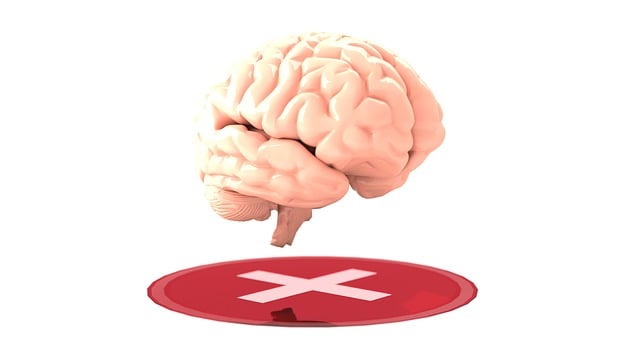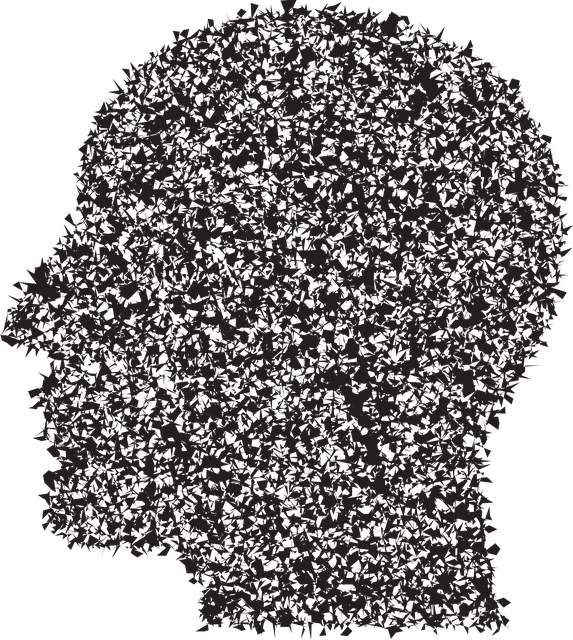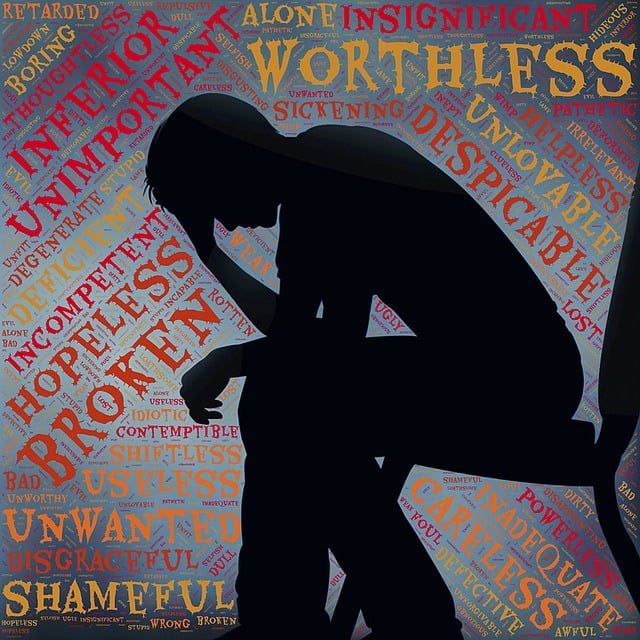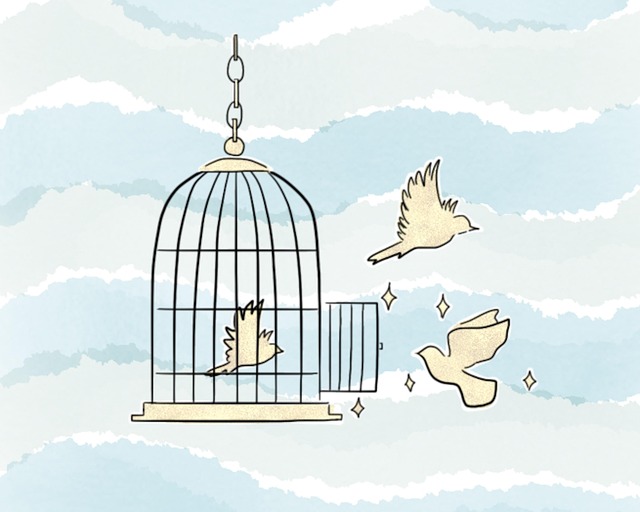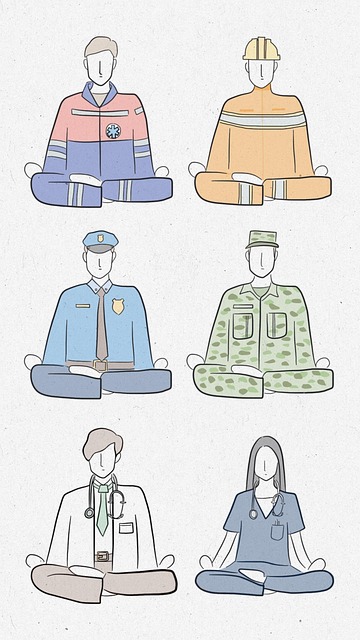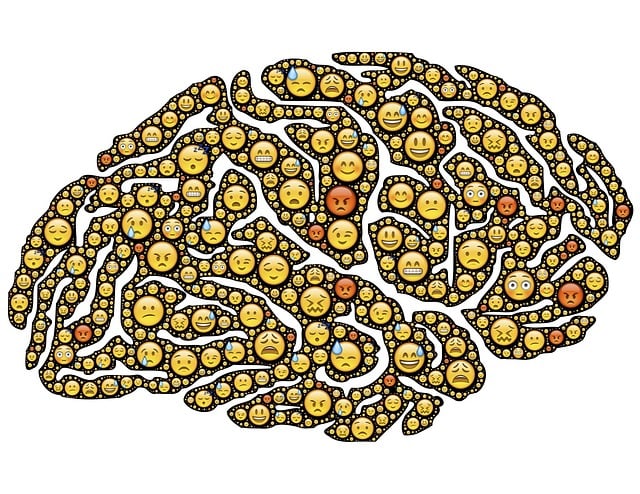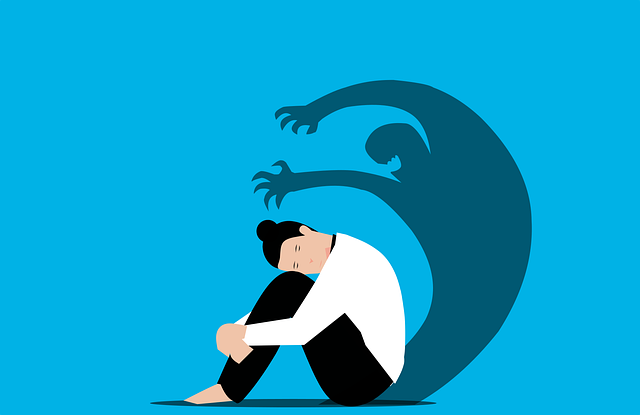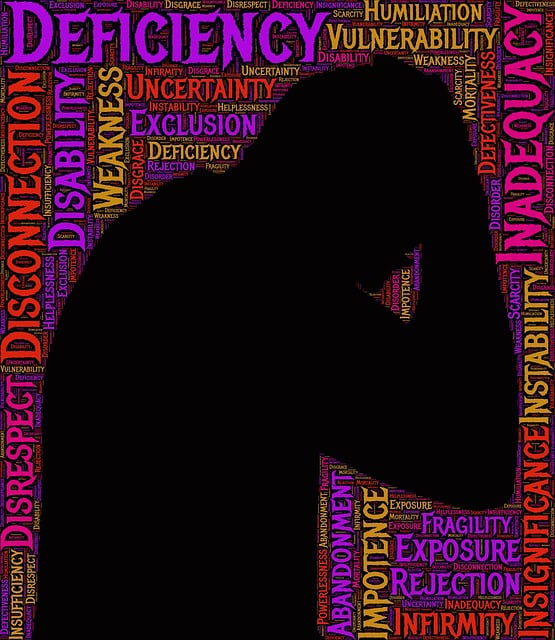Self-care is a powerful tool for healing from trauma, particularly child abuse, in Boulder. By prioritizing physical, mental, and emotional health through practices like mindfulness, nature connection, and setting boundaries, individuals can manage the effects of past traumatic events and reduce stigma around mental illness. Services like Boulder Child Abuse Therapy emphasize these self-care practices to foster emotional well-being and build healthy relationships, ultimately improving overall well-being.
“Enhance your well-being with Boulder Child Abuse Therapy’s guide to self-care practices. In today’s fast-paced world, prioritizing personal care is essential for overall health. This article delves into the core concepts of self-care, empowering individuals to navigate their mental and physical needs effectively. We explore strategies such as setting healthy boundaries, identifying personal requirements, and establishing a sustainable routine. By implementing these practices, you can foster a balanced lifestyle that promotes resilience and growth.”
- Understanding Self-Care: The Foundation of Well-being
- Identifying Personal Needs and Setting Boundaries
- Cultivating a Sustainable Self-Care Routine
Understanding Self-Care: The Foundation of Well-being

Self-care is a fundamental aspect of maintaining and enhancing overall well-being. At its core, it involves intentional actions taken to nurture one’s physical, mental, and emotional health. For individuals who have experienced trauma, such as child abuse in Boulder, self-care becomes an essential tool for healing and recovery. Understanding that self-care is not a luxury but a necessity, these practices play a pivotal role in managing the effects of past traumatic events.
By prioritizing self-care, individuals can better navigate the challenges that arise from mental illness and reduce the stigma associated with seeking support. Moreover, it empowers people to prevent burnout, especially among healthcare providers who often face high-stress situations. Trauma support services and mental illness stigma reduction efforts are crucial components of fostering a healthier society where self-care is recognized as a vital component of overall well-being.
Identifying Personal Needs and Setting Boundaries

Identifying what truly nourishes us and setting healthy boundaries are key components of self-care. It’s a process that begins with introspection—taking time to understand our individual needs, desires, and emotional triggers. This might involve exploring activities or practices that bring us joy, peace, and a sense of accomplishment. For some, this could be practicing mindfulness through meditation or spending time in nature; for others, it may be engaging in creative pursuits or connecting with loved ones.
In the context of Boulder Child Abuse Therapy, recognizing personal needs is especially crucial. Many individuals who have experienced trauma struggle with setting and maintaining boundaries due to past experiences. Crisis intervention guidance can help navigate these challenges, offering tools like stress reduction methods and mood management strategies to foster a sense of safety and control. By prioritizing self-care, individuals can begin to heal and rebuild their lives, creating healthier relationships and improving overall well-being.
Cultivating a Sustainable Self-Care Routine

Building a sustainable self-care routine is an act of self-preservation and self-love, especially for those who have experienced challenges like child abuse. Just as Boulder Child Abuse Therapy focuses on healing and growth, incorporating consistent self-care practices can be transformative. This doesn’t mean setting aside large chunks of time; it’s more about making small, manageable adjustments to daily life that foster emotional well-being.
Consider integrating mindfulness exercises, such as short meditation or breathing techniques, into your morning routine. Practicing emotional intelligence and compassion cultivation can help with emotional regulation throughout the day. Even a few minutes of reflection or connection with nature can make a difference. The goal is to create a routine that feels sustainable and supportive, one that helps you manage stress and nurture your mental health, ultimately reflecting improved overall well-being much like Boulder Child Abuse Therapy aims to achieve for its clients.
Improving self-care practices is a journey towards holistic well-being. By understanding its foundational role, identifying personal needs, and setting boundaries, individuals can create a sustainable routine that nurtures both mind and body. Just as Boulder Child Abuse Therapy focuses on healing and growth, adopting consistent self-care habits enables people to thrive in all aspects of life. Embrace the transformative power of self-nurturing and unlock your potential for lasting wellness.
